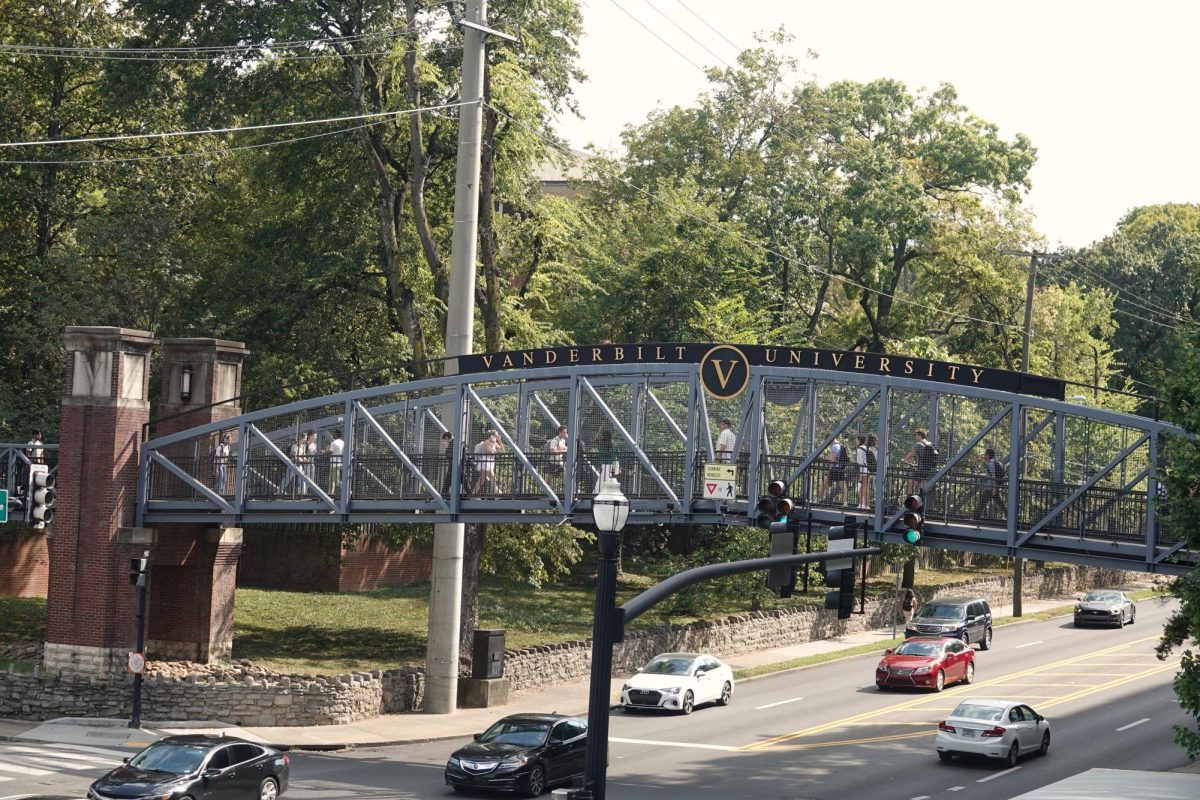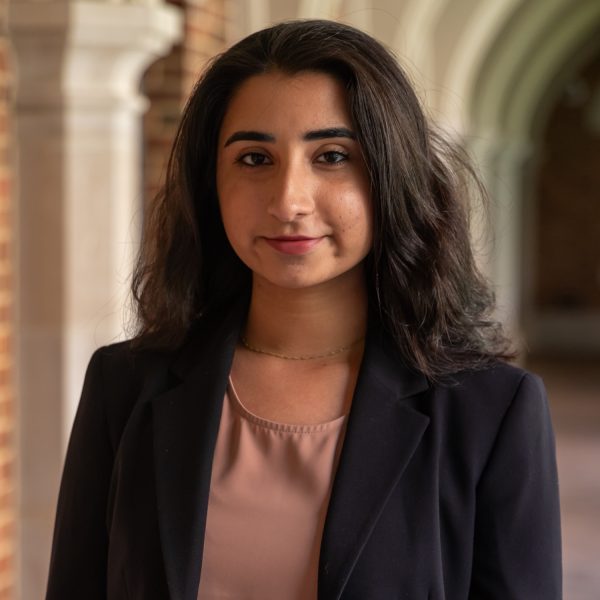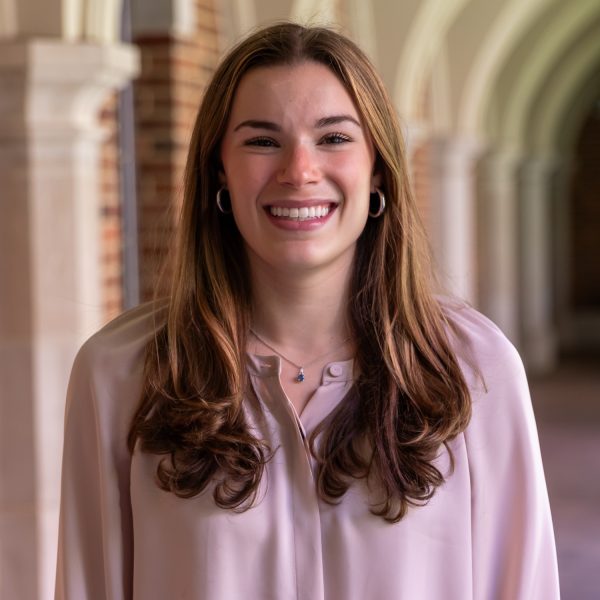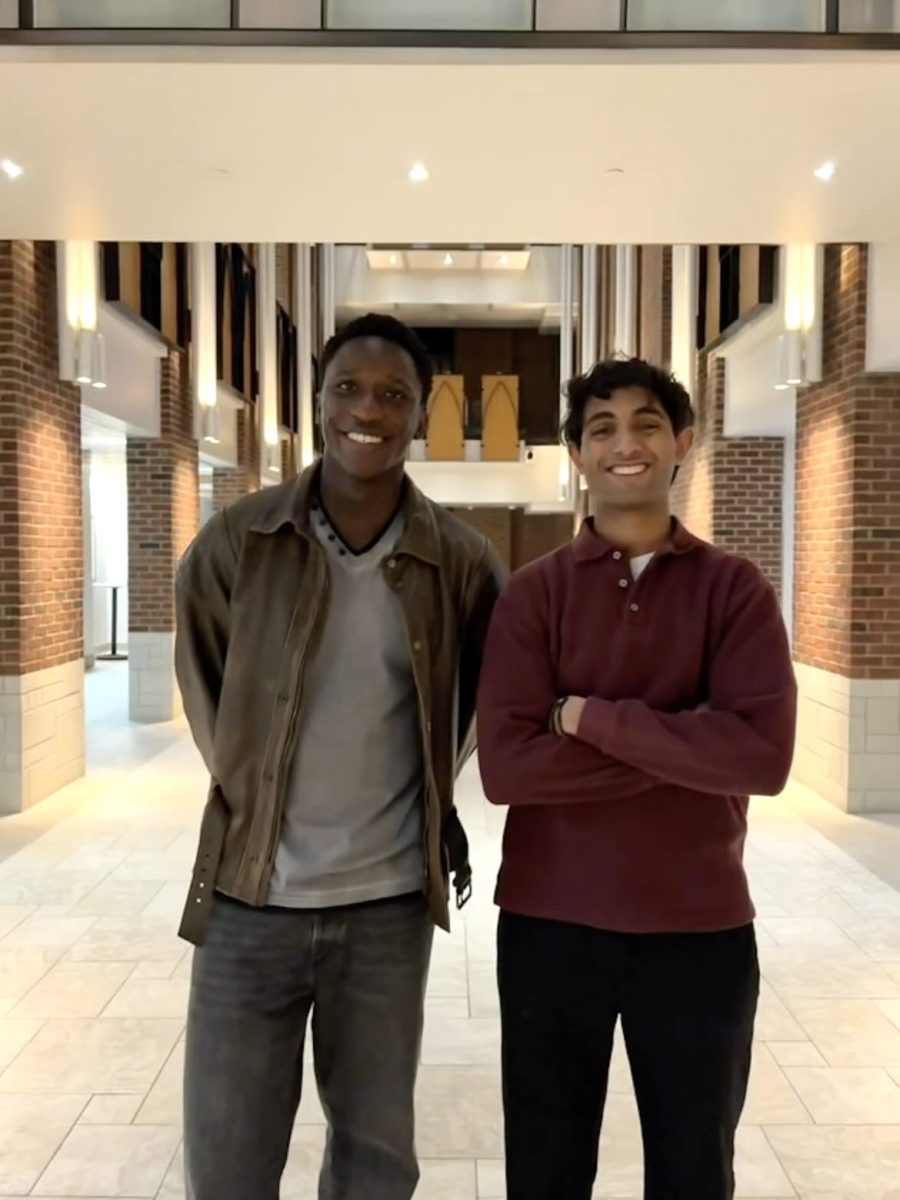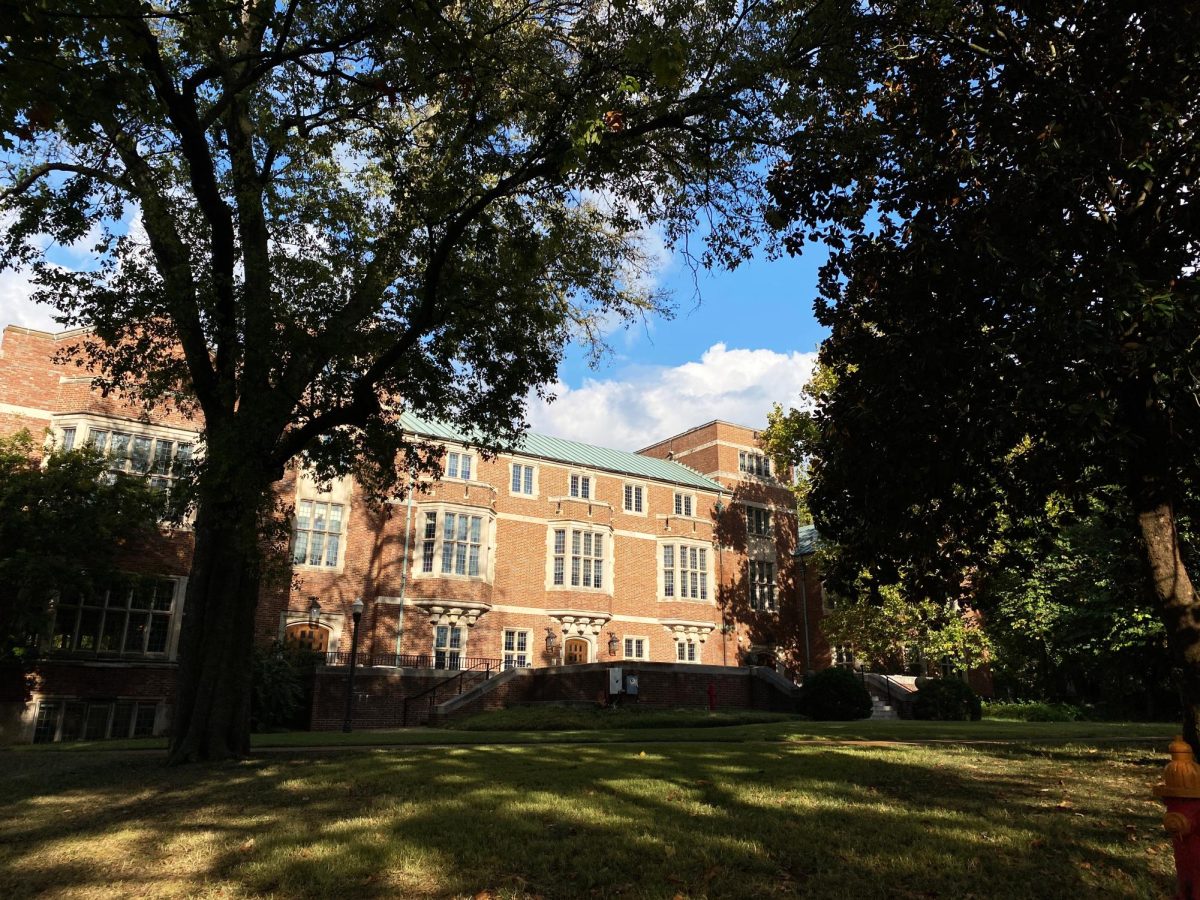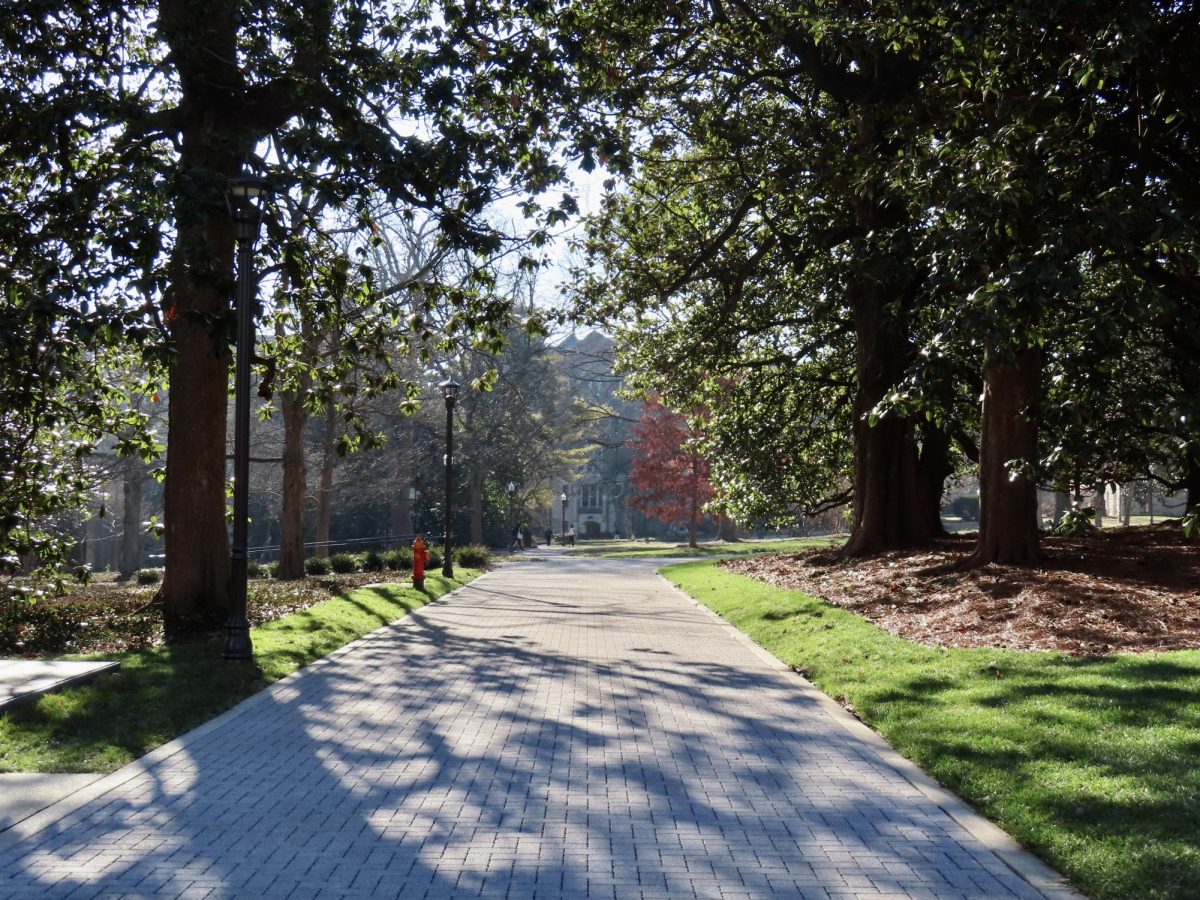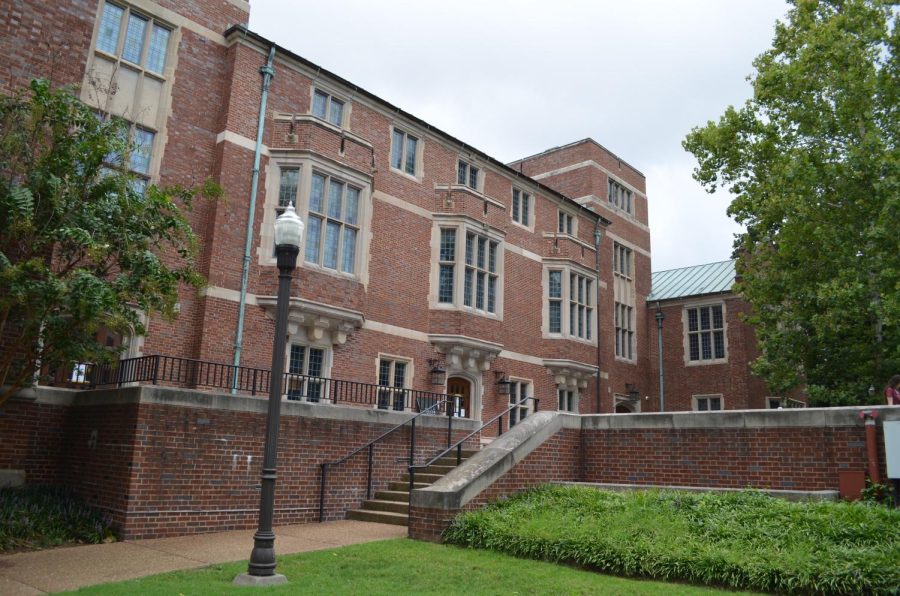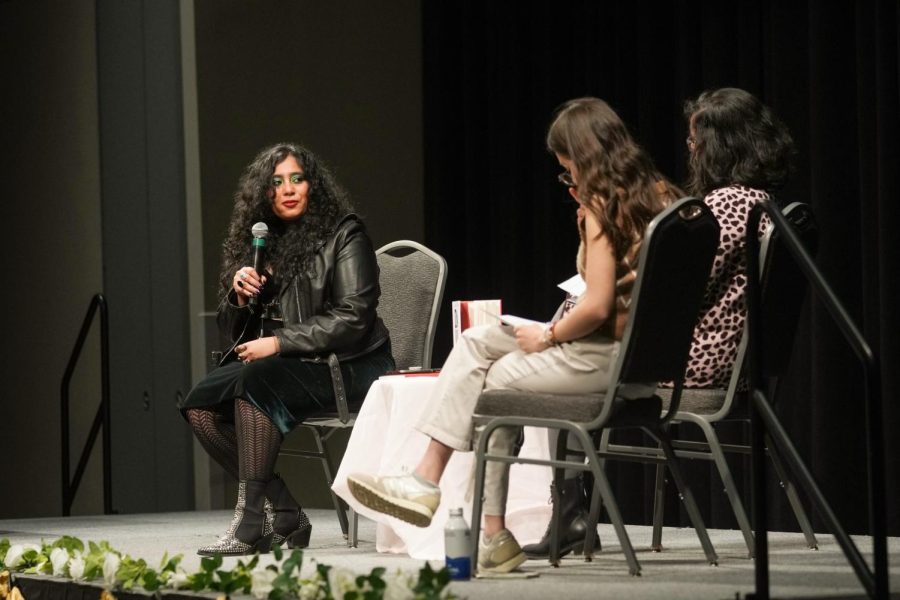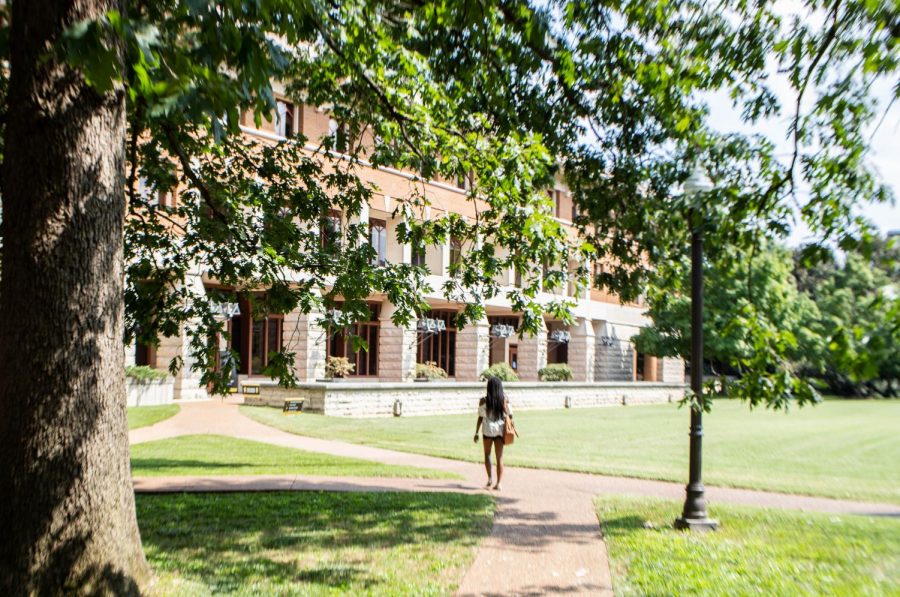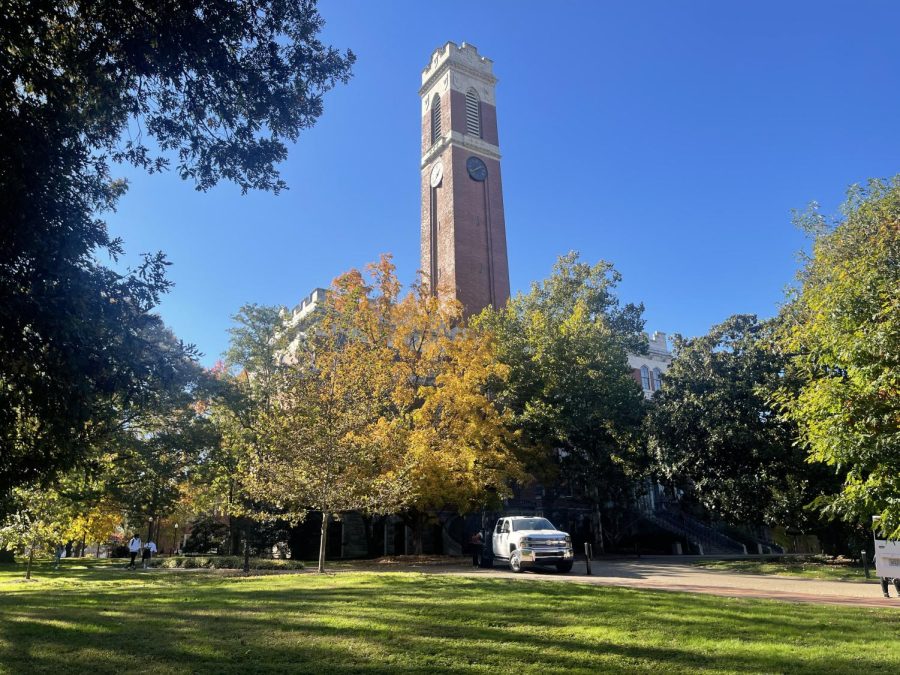After announcing 14 vacancies in a 38-person Senate and postponing select elections, VSG filled every Senate seat for the 2023-24 academic year. The results for the postponed Hank House and MLC elections were released in an email sent to students on Oct. 9, while others are yet to be announced.
For the 2021-22 and 2022-23 school years, about 40% of Senate seats were unfilled. This year’s elections initially yielded vacancies in approximately 37% of seats. According to Elections Commission Chair William Fiechtl, a junior, VSG was able to fill the vacant seats within a week through applications from interested students.
Speaker of the Senate Marco Navarro Stanic, a junior, added that there was an increase in student interest in the Senate this year.
“We had about 30% more students running for a seat this year than we did last year,” Stanic said.
The Hank and MLC elections did not take place as scheduled with the other elections on Sept. 27. In a statement to The Hustler, Fiechtl stated that these elections were postponed to Oct. 5 due to miscommunication and uncertainty regarding voter eligibility.
“The Hank election was postponed due to a miscommunication that left one candidate off the ballot,” Fiechtl said. “The MLC election was postponed as there was significant difficulty creating a list of eligible voters as the rosters for each organization are accessible only by the organization itself.”
During the 2023 VSG presidential election, Vanderbilt students passed a ballot initiative that added 10 seats to the VSG Senate for representatives from MLC organizations. Previously, the Senate included two non-voting members representing MLC and the Vanderbilt Interfaith Council.
Under the newly implemented ballot initiative, MLC candidates are nominated by the executive boards of their respective MLC organizations. The eligible voters for the MLC election are MLC members. As VSG did not have access to the membership rosters for these organizations prior to the initial election date, the MLC election was postponed to give VSG time to determine the list of eligible voters.
“By postponing both elections, we ensured that the elections were as fair as possible,” Fiechtl said.
Students expressed concerns about running for Senate after VSG’s expenditures were recently made public to students. Expenditure transparency was part of a broader student government reform initiative proposed by VSG President Sam Sliman and VSG Vice President Kendelle Grubbs, both seniors.
Sliman said the Senate vacancies were anticipated and referred to systemic issues within VSG as a causal factor.
“The fact there are vacancies at all points to a problem with the system, and this is one of the biggest things we are looking to address when reimagining the government structure,” Sliman said.
Restructuring VSG has been central to Sliman and Grubbs’s VSG reform efforts, and their proposed constitution offers changes to the duties and composition of the VSG Senate, Committees and Cabinet to make VSG more accessible to students. However, VSG is currently operating as an “interim government,” with VSG Senate continuing to function in its usual form.
First-year Nicole Miller said many students she knew made jokes about VSG’s current image when discussing the elections. Miller said she felt uncertain about running for the Senate because of students’ negative attitudes toward VSG and the controversy associated with its expenditures.
“I feel like it was more jokes that were being said [in response to the emails],” Miller said. “I was still interested in potentially being a part of student government, but I was kind of unsure of their spending habits.”
Sophomore Thor Hammer, Transfer Senator-Elect, agreed that students’ pessimistic perception of VSG, alongside other factors, deterred students from running for the Senate.
“Senior students, junior students might kind of have a little bit of a schema against VSG as a whole,” Hammer said. “I also think that we could definitely do better with promotion, getting out to students and getting word around.”
Hammer also cited barriers to entry as a reason for why students opted not to run in many constituencies.
“When you run for Senate, you have to get signatures of your constituency, so I had to get a certain number of transfer student signatures,” Hammer explained. “I think people may have been interested, but they might not have the amount of time to commit and energy to commit to getting 50 signatures.”
Hammer said the VSG expenditures controversy did not deter him from running for student government because he was not involved with the controversy. He said he hopes to play a role in reforming VSG.
“I believe that now we have kind of rooted out the problem. Now that the controversy is in the open, VSG can rebuild from there,” Hammer said. “I would love to be part of the process of rebuilding VSG and making better policies.”

